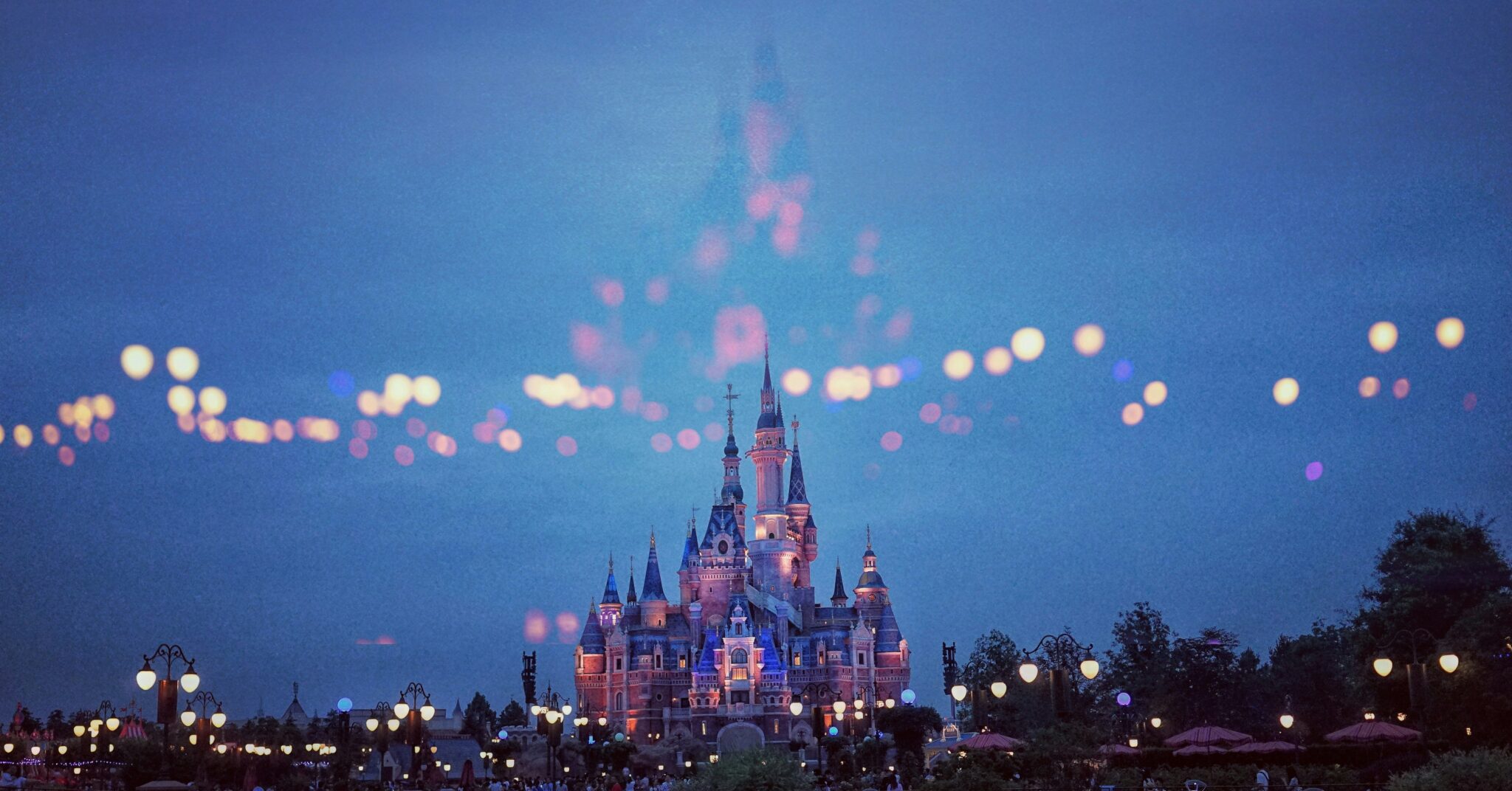
Esther Ritchin is a student at Harvard Law School.
In today’s news and commentary: Actors Equity aims to unionize Disneyland performers; the Cornell ILR school releases its 2023 Labor Action Tracker; SpaceX’s lawsuit against the NLRB to be transferred to California; Washington State House approves a bill to allow unemployment benefits for striking workers; Uber and Lyft drivers strike on Valentine’s Day.
The Actors Equity Association announced on Tuesday, February 13, that it is organizing a union drive at Disneyland, Disney’s theme park in California. The campaign hopes to unionize approximately 1,700 performers and character actors seeking safer working conditions and more stable scheduling. This union drive comes more than forty years after performers at Disney World, Disney’s Florida theme park, organized with the International Brotherhood of Teamsters in the 1980s.
On Thursday, the Cornell ILR (Industrial and Labor Relations) school announced the arrival of the 2023 Labor Action Tracker Annual Report. The report found 470 work stoppages, 539,000 workers involved, and 24,874,522 strike days in 2023. While that only represents a 9% increase in work stoppages since 2022, it represents a 141% increase in workers involved–an increase the report credits to the number of high profile strikes in 2023, including the UAW Stand-Up strike and the SAG-AFTRA strike.
On Thursday, a federal judge ruled that SpaceX’s lawsuit against the National Labor Relations Board (NLRB) should be transferred to federal court in California. SpaceX’s lawsuit comes after the NLRB accused SpaceX of illegally firing eight engineers for criticizing sexist comments made by Elon Musk, the company’s founder, chairman, CEO, and CTO. SpaceX’s lawsuit claims the structure of the NLRB violates the Constitution. NLRB General Counsel Jennifer Abruzzo expressed support for the judge’s decision refusing “SpaceX’s blatant forum-shopping efforts in Texas.”
On Tuesday, the Washington State House approved a bill that would allow striking workers to access unemployment benefits. The bill would render striking workers eligible for unemployment insurance beginning the second Sunday of their strike, with a one-week waiting period before receiving benefit payments. The bill will now go to the Washington State Senate.
Uber and Lyft drivers went on strike on Valentine’s Day. The group Justice for App Workers organized daylong strikes in major cities across the country. Concurrently, delivery drivers in the U.K., working for platforms such as Uber Eats, went on strike from 5 P.M. to 10 P.M. The workers called for higher pay, a fairer share of their fares, and clearer deactivation protocols and appeals process.






Daily News & Commentary
Start your day with our roundup of the latest labor developments. See all
February 6
The California Supreme Court rules on an arbitration agreement, Trump administration announces new rule on civil service protections, and states modify affirmative action requirements
February 5
Minnesota schools and teachers sue to limit ICE presence near schools; labor leaders call on Newsom to protect workers from AI; UAW and Volkswagen reach a tentative agreement.
February 4
Lawsuit challenges Trump Gold Card; insurance coverage of fertility services; moratorium on layoffs for federal workers extended
February 3
In today’s news and commentary, Bloomberg reports on a drop in unionization, Starbucks challenges an NLRB ruling, and a federal judge blocks DHS termination of protections for Haitian migrants. Volatile economic conditions and a shifting political climate drove new union membership sharply lower in 2025, according to a Bloomberg Law report analyzing trends in labor […]
February 2
Amazon announces layoffs; Trump picks BLS commissioner; DOL authorizes supplemental H-2B visas.
February 1
The moratorium blocking the Trump Administration from implementing Reductions in Force (RIFs) against federal workers expires, and workers throughout the country protest to defund ICE.